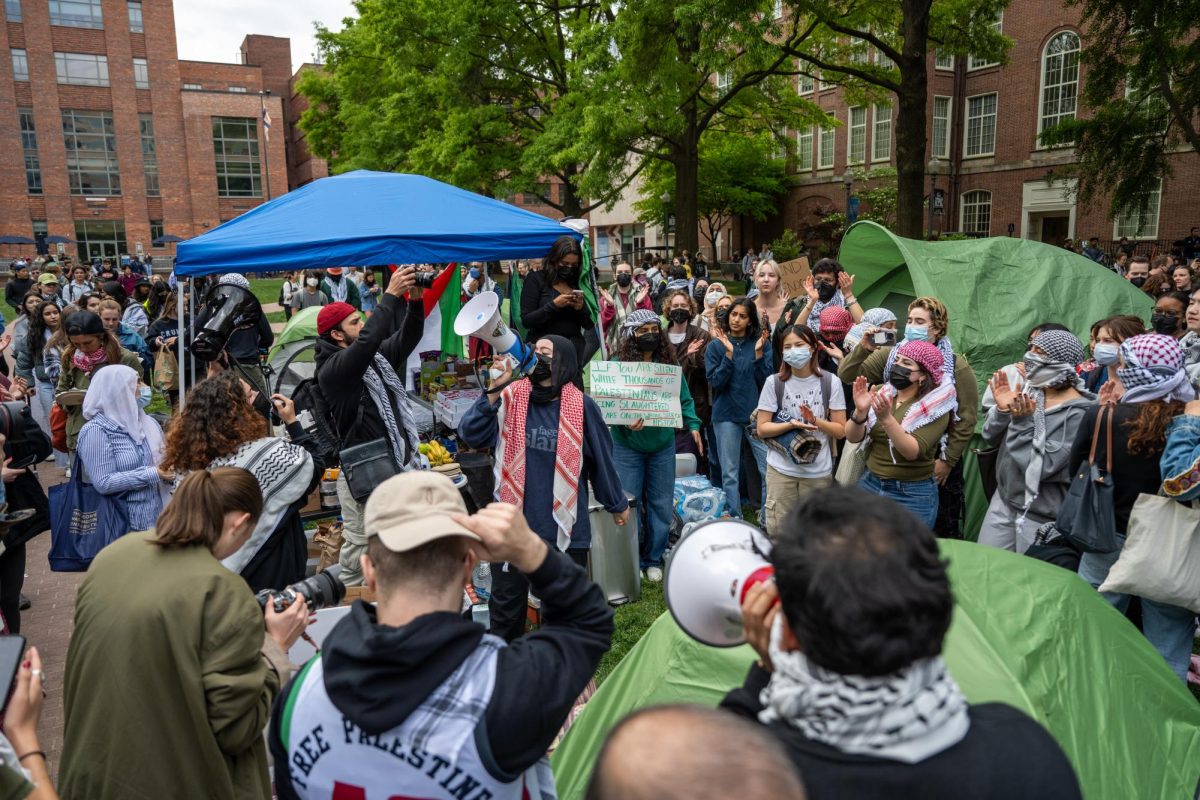GW a leader in Peace Corps students
GW is the fifth largest producer of Peace Corps volunteers for medium-sized schools, the Peace Corps and the University announced earlier this month. There are currently 49 GW graduates serving abroad in the service organization.
The Peace Corps defined a medium-sized school as having between 5,001 and 15,000 undergraduates.
“This ranking serves as yet another reminder that GW’s mission is not only to educate, but to foster a social awareness,” said University President Stephen Joel Trachtenberg in a news release. “Our alumni invest both in their own intellectual growth and in the noble pursuit of an improved global community.”
Also, in the first ever graduate degree rankings, GW claims the number three spot with 17 alumni serving.
Combined with the 831 alumni who have already served since the program’s inception in 1961, GW graduates rank No. 34 on the all-time list. Since the program’s inception, more than 182,000 people have served in the Peace Corps.
Volunteers in the Peace Corps devote themselves for 27 months to working abroad in fields such as elementary education, health, HIV/AIDS education and prevention, business development, the environment and agriculture.
Law School announces development center
The Law School announced last week the creation of a new research and education center to study the ways creativity and innovation impact economic development.
The Creative and Innovative Economy Center will carry out programs at GW, in Europe at the Munich Intellectual Property Law Center and varying locations in developing countries.
“We expect the center to serve as a model for how academic/private sector partnerships can have a significant impact on important global economic and public policy issues,” said GW Law School Dean Frederick M. Lawrence in a news release.
The programs and research hope to push developing nations to use a multi-disciplinary approach, examining legal, commercial, institutional and globalization issues, to help them compete in the global economy.
“The citizens of developing countries are entitled to reap the same economic rewards enjoyed by their industrialized neighbors. We hope our research and educational activities inspire these individuals,” said Michael P. Ryan, CIEC director, in a statement.
For 2006, the center plans to focus on biomedical innovation in Brazil and Jordan, software in India, music in Southeast Asia and intellectual property public administration in the Middle East.
-Lizzie Wozobski






